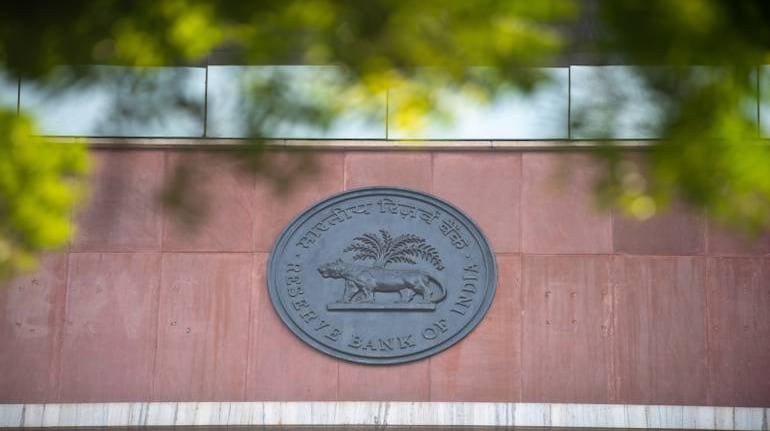



Reserve Bank of India (RBI) Deputy Governor T Rabi Sankar has identified cyber security and digital frauds as the two major challenges in rolling out a central bank digital currency (CBDC).
CBDC is the digital form of fiat money and is not the same as private cryptocurrencies. It is a legal tender issued by a central bank in a digital form and is exchangeable one-to-one with the fiat currency. The only difference between the two is the form.
The RBI was working to launch CBDC, Sankar said during a post-policy press conference on December 8. CBDC would have both wholesale and retail parts to it, the deputy governor.
The comment comes at a time when the government is working on a law to regulate cryptocurrencies and there is growing debate around CBDC and cryptocurrency in the context of Indian economy.
On July 22, Sankar said CBDC had the potential to provide significant benefits such as reduced dependency on cash, a higher seigniorage due to lower transaction cost and reduced settlement risk.
However, it has some risks too, Sankar had said. CBDC would require careful calibration and a nuanced approach in implementation, he said, adding drawing board considerations and stakeholder consultations were important.
Also read: RBI Monetary Policy: MPC keeps repo rate unchanged; stance accommodative
"Technological challenges have their importance as well. As is said, every idea will have to wait for its time. Perhaps the time for CBDCs is nigh," he had said.
The RBI has, time and again, stressed that CBDC is not a private virtual currency.
“CBDC is a digital or virtual currency but it is not comparable to the private virtual currencies that have mushroomed over the last decade,” Sankar said on July 22.
Also read: RBI Monetary Policy: Real GDP growth forecast retained at 9.5 percent
Private virtual currencies sit at odds with the historical concept of money. They are not commodities or claims on commodities as they have no intrinsic value, Sankar said, describing as opportunistic the claims that digital currencies were akin to gold.
While it works on CBDC models, RBI governor Shaktikanta Das has on several occasions cautioned against cryptocurrencies such as bitcoin, saying the central bank had deeper concerns that had been communicated to the government.
The urgency for a cryptocurrency bill stems from what many in the government see as unchecked growth of an unregulated sector.
On November 13, Prime Minister Narendra Modi chaired a meeting on cryptocurrency, which was followed by a meeting of the Parliamentary Standing Committee on Finance with various stakeholders from the digital currency ecosystem.
Discover the latest Business News, Sensex, and Nifty updates. Obtain Personal Finance insights, tax queries, and expert opinions on Moneycontrol or download the Moneycontrol App to stay updated!
Find the best of Al News in one place, specially curated for you every weekend.
Stay on top of the latest tech trends and biggest startup news.